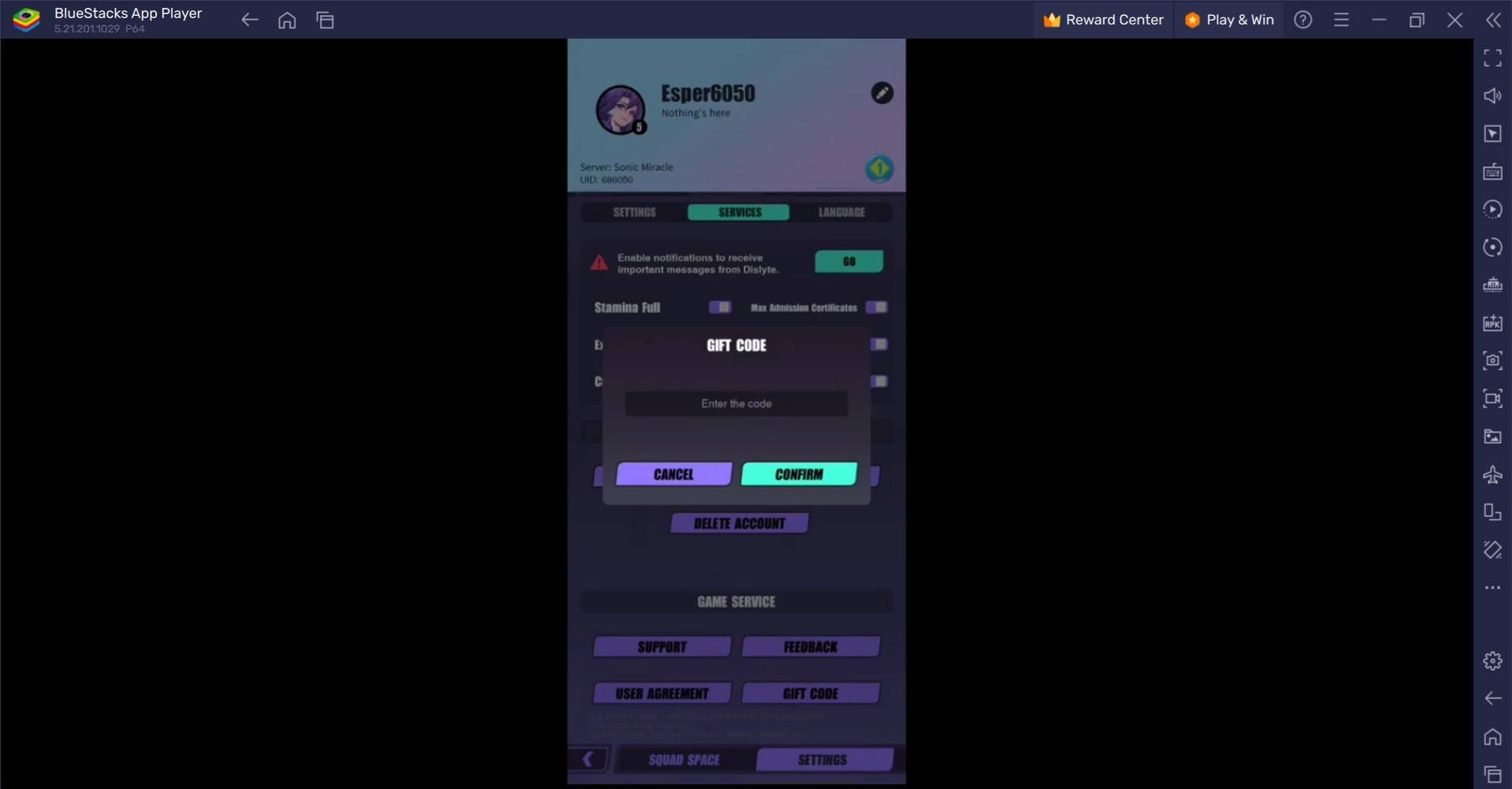Doom has long been synonymous with the pulsating energy of metal music. A mere snippet of its soundtrack or a glimpse at its iconic demonic imagery instantly connects it to the genre. The game's visual aesthetics, complete with flames, skulls, and devilish creatures, mirror the theatrical flair of an Iron Maiden concert. Over its 30-year history, Doom's relationship with metal has evolved in tandem with its gameplay, exploring various sub-genres from thrash to modern metalcore, culminating in the latest installment, Doom: The Dark Ages, with its powerful metalcore influences.
When Doom first hit the scene in 1993, its soundtrack was heavily influenced by the metal giants of the late '80s and early '90s. Co-creator John Romero has openly acknowledged the impact of bands like Pantera and Alice in Chains, evident in tracks like "Untitled" for the E3M1: Hell Keep level, which echoes Pantera's "Mouth of War." The game's score embraced the thrash metal subgenre, drawing inspiration from Metallica and Anthrax, propelling players through Mars' corridors with a sense of urgency that mirrored the game's fast-paced action. Composer Bobby Prince's timeless soundtrack perfectly complemented Doom's unforgettable gunplay.
Doom: The Dark Ages - Gameplay Screenshots
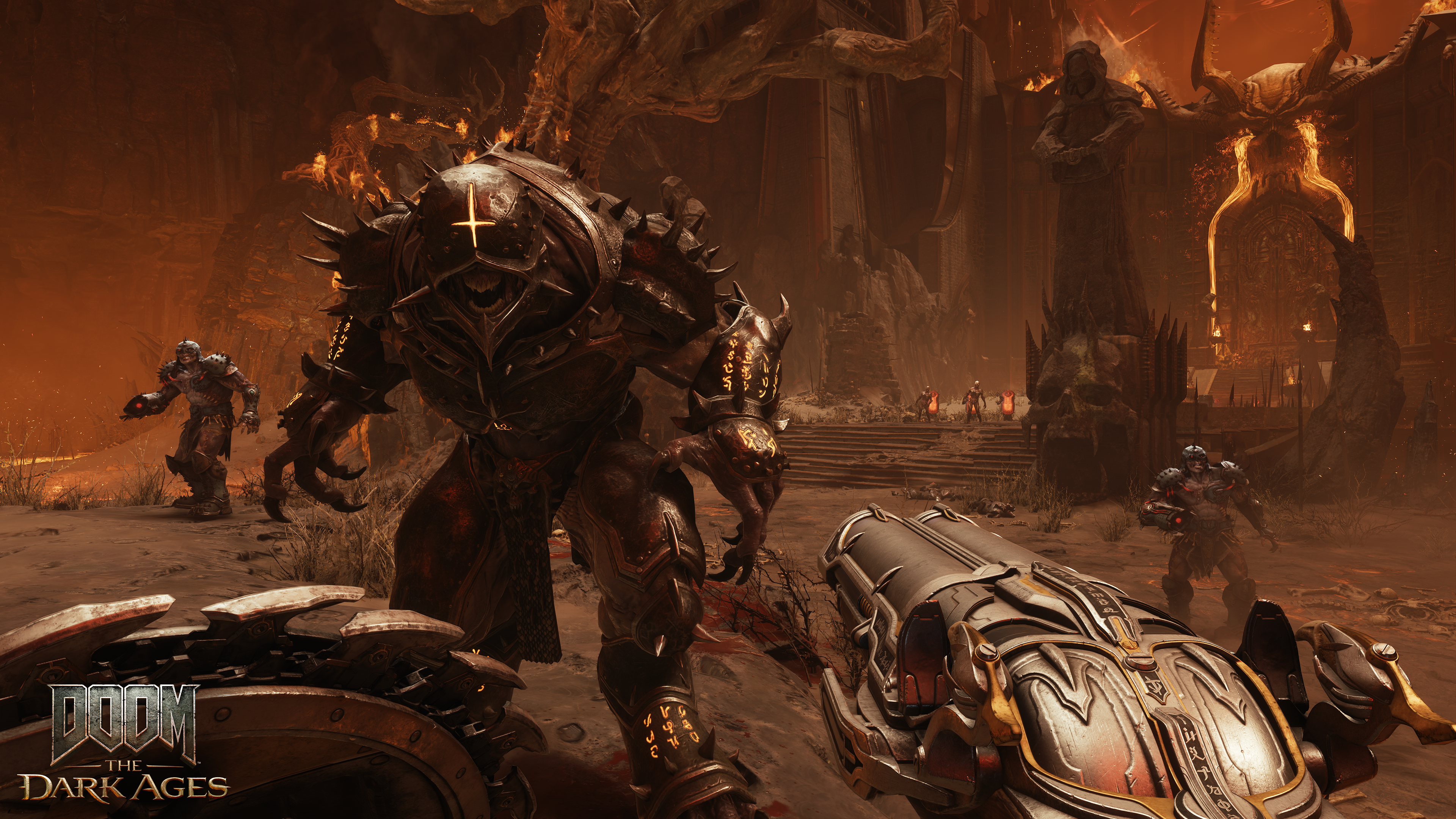
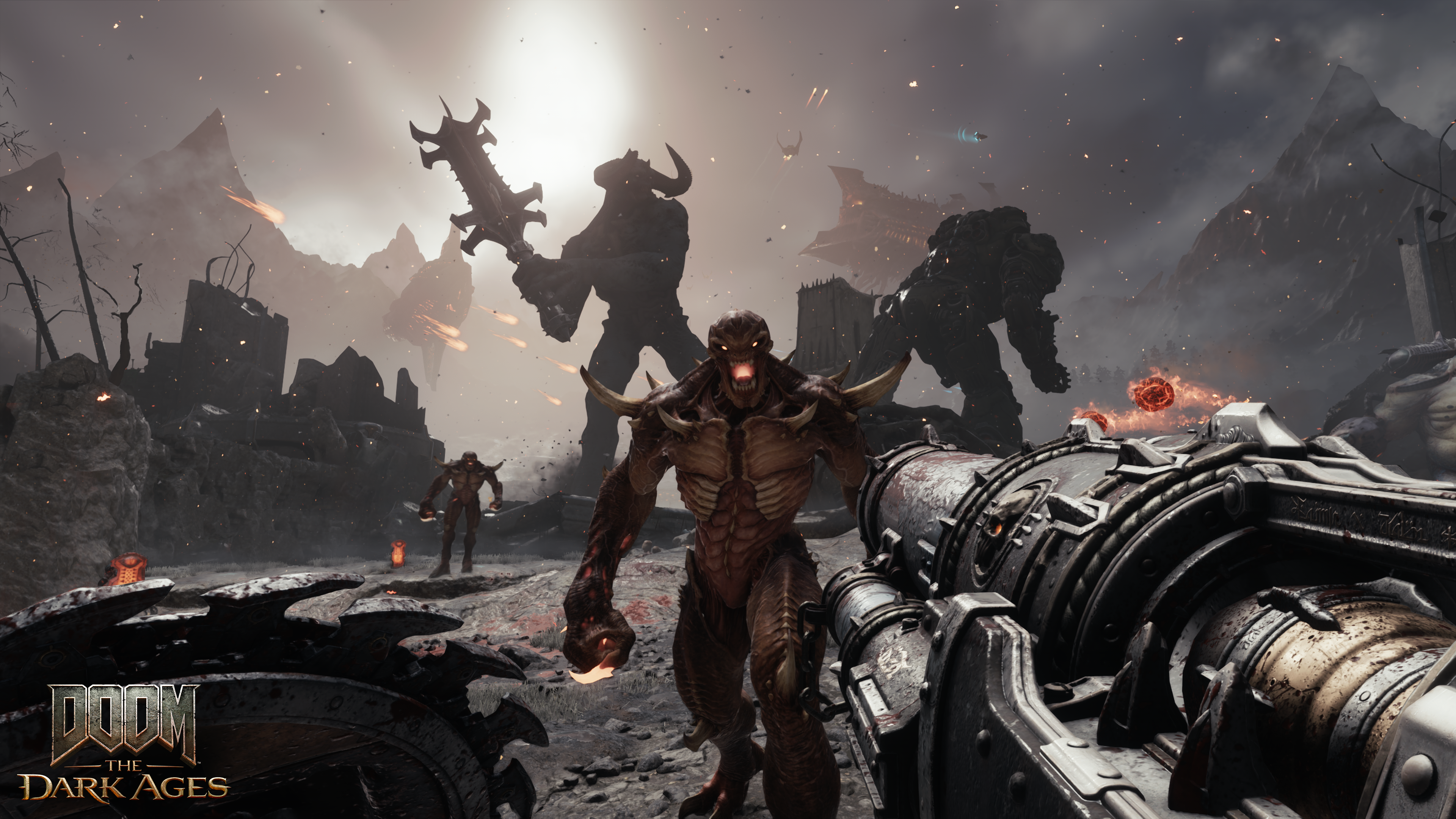 6 Images
6 Images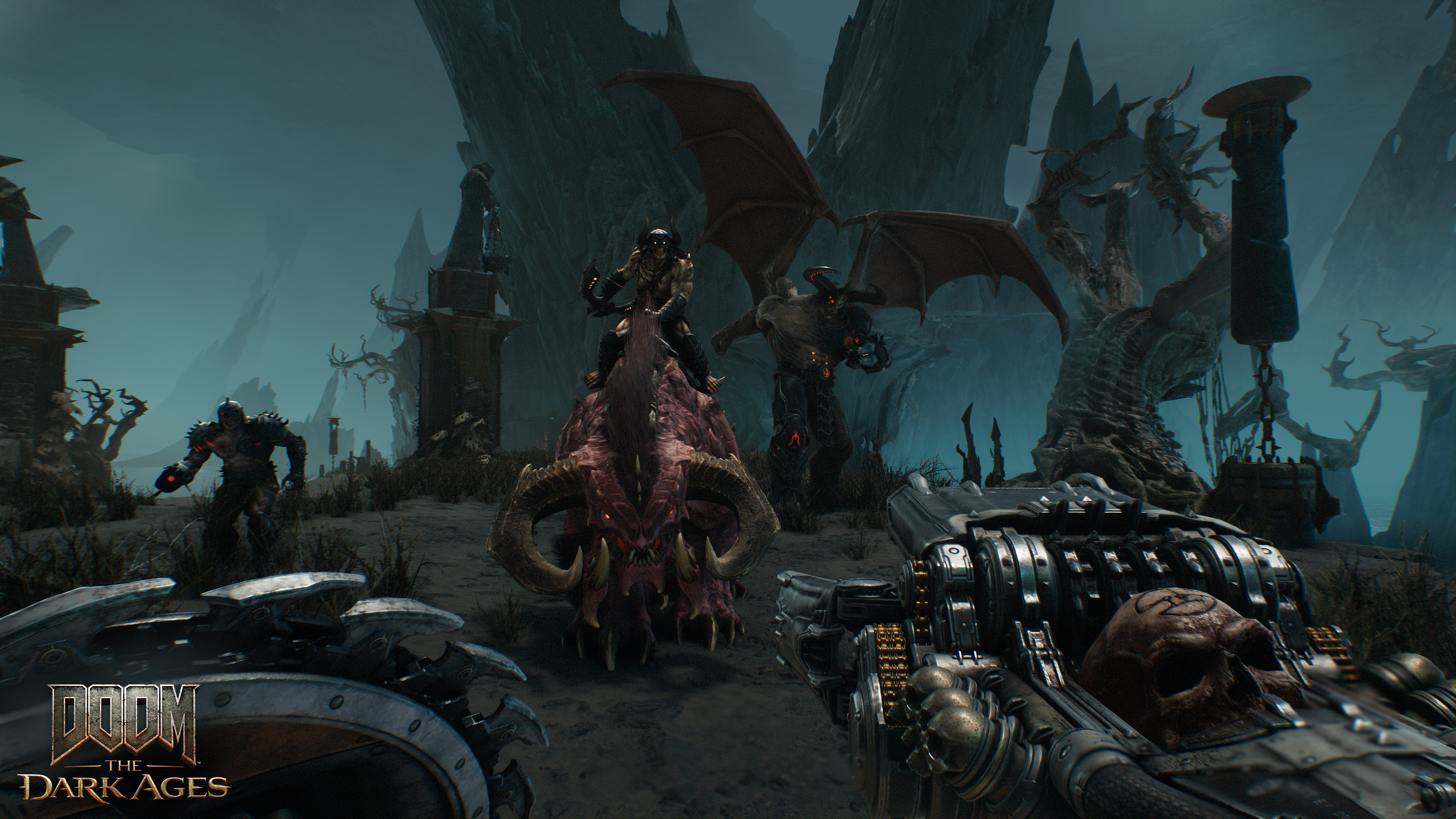
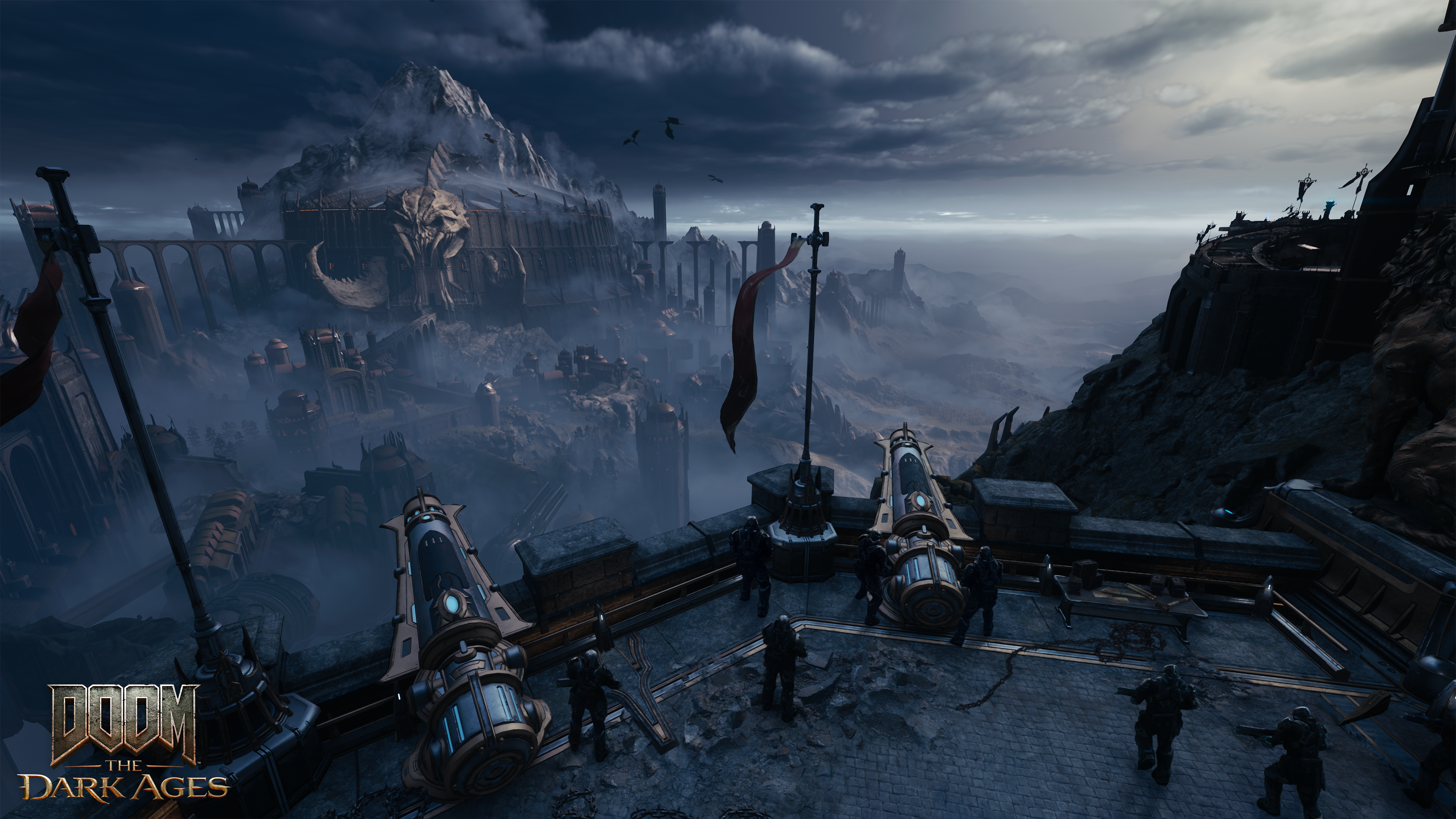

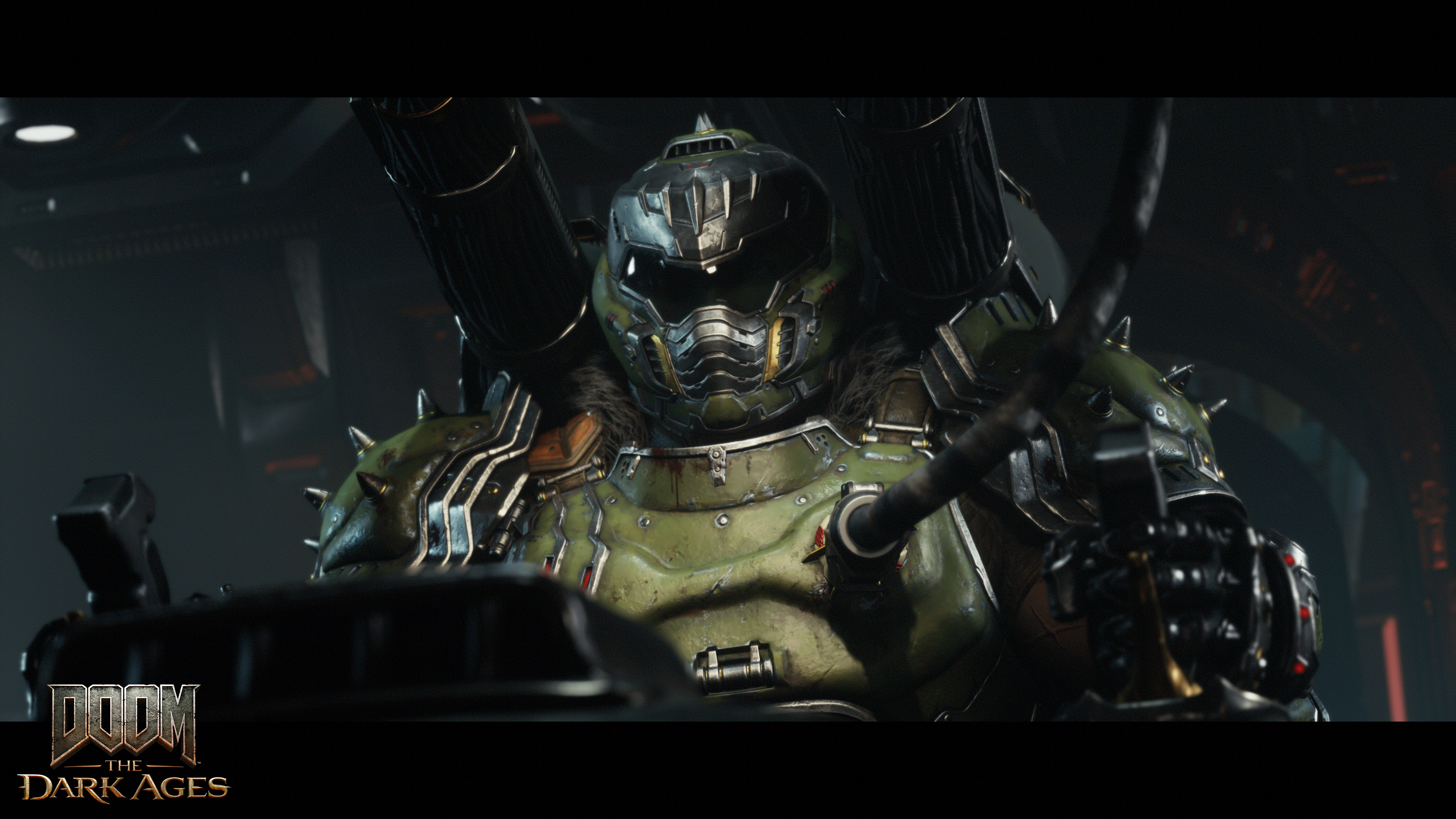
For over a decade, Doom's music continued to echo its gameplay's intensity. However, the release of Doom 3 in 2004 marked a significant shift. This survival horror-inspired game introduced a slower, more deliberate pace, necessitating a new sound. The main theme of Doom 3 could easily fit on Tool's album Lateralus, reflecting the game's eerie atmosphere. Although Trent Reznor was initially considered for the sound design, it was Chris Vrenna and Clint Walsh who crafted the score, drawing inspiration from Tool's complex soundscapes. Despite its commercial success, Doom 3's departure from the series' traditional style is seen as an anomaly, reflecting the broader evolution of FPS games during the early 2000s.
After a period of development challenges, Doom returned triumphantly in 2016 with a complete overhaul. Directors Marty Stratton and Hugo Martin revitalized the series, aligning the game's momentum with its metal roots. Composer Mick Gordon's innovative use of sub-bass and white noise created a heart-pounding soundtrack that complemented the game's relentless action. Doom 2016's score, often likened to a playable djent album, has been celebrated as one of the most iconic in video game history.
The sequel, Doom Eternal, released in 2020, saw Gordon return amidst some controversy over the final mix. The soundtrack leaned further into the metalcore genre, reflecting the era's musical trends and Gordon's work with bands like Bring Me the Horizon and Architects. Doom Eternal's score, while still heavy, introduced more electronic elements and lighter moments, mirroring the game's inclusion of platforming and puzzle sections.
Doom: The Dark Ages introduces a fresh take on the series' combat, necessitating a soundtrack that can match its intensity and versatility. The new composers, Finishing Move, draw from both past and present metal influences, blending the seismic breakdowns of bands like Knocked Loose with the thrash elements of the original Doom. The game's slower pace and new mechanics, such as piloting mechs and riding dragons, suggest a soundtrack that can be both heavy and agile.
As Doom: The Dark Ages promises to build on the series' legacy, it also reflects the broader evolution of metal music, embracing experimentation and innovation. With its exciting new gameplay elements and a soundtrack that promises to thrill, Doom: The Dark Ages is poised to be a landmark entry in the series, potentially offering fans a new favorite metal album to experience in May.
 Home
Home  Navigation
Navigation






 Latest Articles
Latest Articles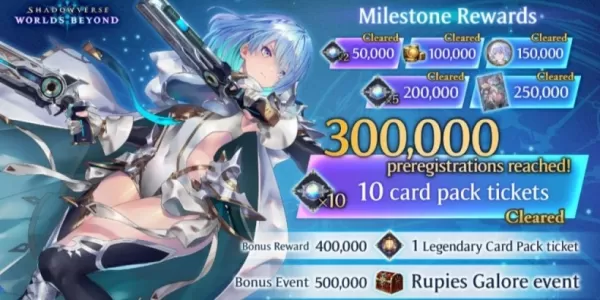









 Latest Games
Latest Games










